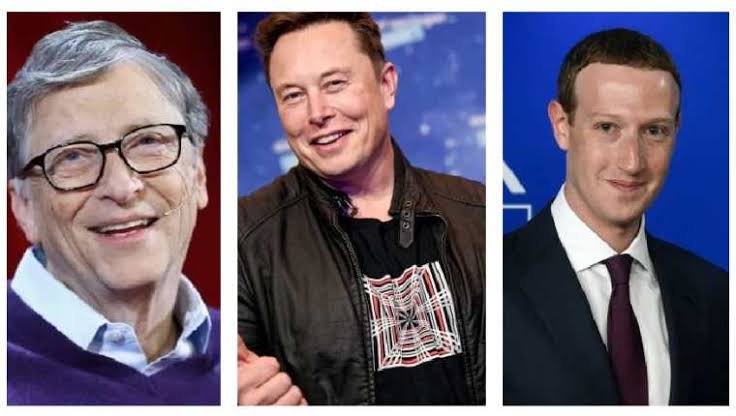Elon Musk, the world’s richest person, has tweeted he will pay $11bn (£8.3bn) in tax for this year.
Mr Musk has been embroiled in a public debate on social media over how much tax he pays.
Earlier this week, Democratic Senator Elizabeth Warren tweeted that Mr Musk should stop “freeloading off everyone else”.
“For those wondering, I will pay over $11bn in taxes this year,” the billionaire responded. 
Mr Musk, founder of electric car maker Tesla and aerospace manufacturer SpaceX, became the world’s richest person earlier this year.
Bloomberg Billionaires Index puts his wealth at $243bn, while Tesla is worth around $1tn and SpaceX is worth $100bn.
Last week, Mr Musk was named Time Magazine’s Person of the Year.
That prompted Senator Warren to tweet: “Let’s change the rigged tax code so ‘The Person of the Year’ will actually pay taxes and stop freeloading off everyone else.”
US President Joe Biden is keen to increase taxes on the ultra-rich, although legislative plans have so far stalled in Congress.
Some senators, including Ms Warren, have backed the idea of taxing not only the income of America’s richest citizens, but also the rising value of the assets they hold, like shares.
Many of America’s wealthiest citizens don’t take a directly taxable salary. Instead, they hold their wealth in shares and other investments, then take out loans using those assets as collateral.
‘Mind-boggling’
Columbia University professor and tax expert, Robert Willens, said that was likely to be a fair comment from Mr Musk, who had made himself liable for “mind-boggling amounts of taxable income” in 2020, through exercising stock options that would otherwise have expired and been worthless.
Stock options are agreements that the holder can purchase a stock at a set price in the future.
The current value of Tesla shares is significantly higher than when Mr Musk was granted the original stock options, so the value he gains by exercising those options would be considerable and would count as taxable income, added Mr Willens.
“[Mr Musk] probably felt it would be prudent to generate as much taxable income in 2021 as possible, on the theory that income in 2022 might be taxed at higher rates,” he explained.
If some of Congress’ more radical measures were enacted, that would have had a big impact on Mr Musk’s tax liabilities, Mr Willens added.
The bulk of Mr Musk’s tax payment, to be made next year, will go to federal tax authorities, but the state of California, where Tesla and Mr Musk have been based until recently, will also claim a portion.
Earlier this month, Tesla announced in a US Securities Exchange Corporation (SEC) filing that it was moving its corporate headquarters to Texas – a plan Mr Musk had hinted at in media interviews for several months, citing unhappiness with the Californian state government laws and criticising the high cost of living in Silicon Valley.
Texas has more lenient tax rules – it does not collect income tax, in contrast to California, which has the highest income tax rates among US states, according to thinktank the Tax Foundation.
Over the last few weeks, Mr Musk has sold around $14bn of Tesla shares, which Mr Willens said was likely to be in part in order to generate cash to satisfy his tax liabilities.
While the numbers involved in the case of Mr Musk were exceptional, this was a standard approach for a corporate executive to take to expiring stock options, he added.



